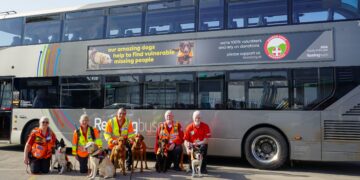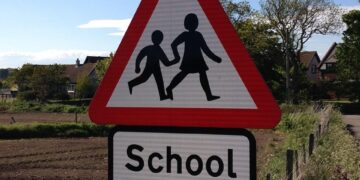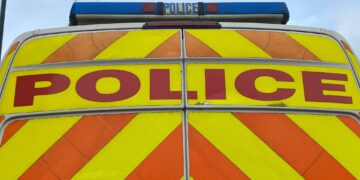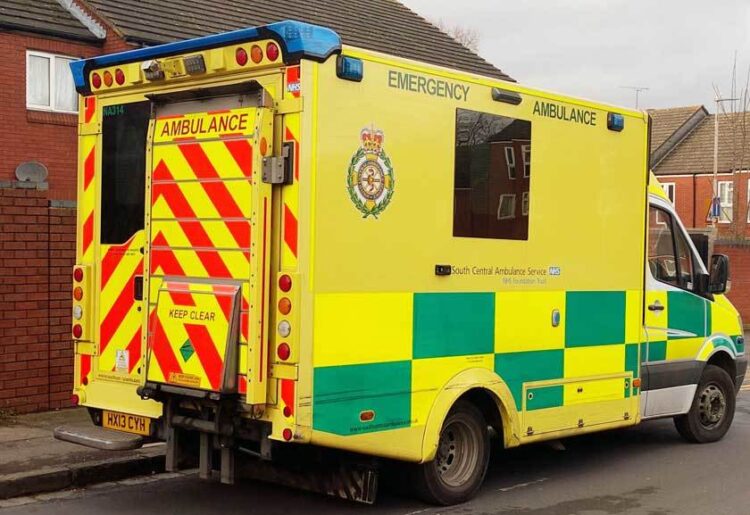SOUTH Central Ambulance Service (SCAS) has laid out advice to the public for how to stay safe in the heat as the third heat wave of the summer arrives.
It comes amid yellow heat health alert which has been put in place across South East England until Tuesday, July 15.
Whilst many can enjoy the hot summer weather safely, high temperatures can mean some people are at greater risk of becoming ill, such as older people aged 65 and over, babies and children aged 5 and under, and people with underlying health conditions.
To minimise the risk of a heat-related emergency, SCAS is urging the public to stay hydrated, and limit the amount of alcohol drunk, wear sunscreen with a SPF of at least 30 to protect against UVB and at least a 4-star UVA protection.
They also advise to exercise in the cooler parts of the day, such as early morning or late evening, and stay out of the sun altogether between 11am and 3pm.
Residents should always have any prescription medication and/or an inhaler with them, and check in regularly with elderly relatives and neighbours.
Heat exhaustion occurs when the body overheats and cannot cool down.
It does not usually need medication if you can cool down within 30 minutes.
If you do not take action to cool down, heat exhaustion can lead to heatstroke.
Common symptoms of heat exhaustion include tiredness, weakness, feeling faint, headache, muscle cramps, and feeling or being sick.
Heatstroke means the body is no longer able to cool down and the body temperature becomes dangerously high.
It is a medical emergency; if you think someone is suffering with heatstroke, call 999 and then try to cool them down.
Common symptoms of heatstroke include confusion, lack of co-ordination, fast heartbeat, fast breathing or shortness of breath, hot skin that is not sweating, and seizures.
More information about heat stroke and health advice for the public during heatwaves is available via: nhs.uk/conditions






















